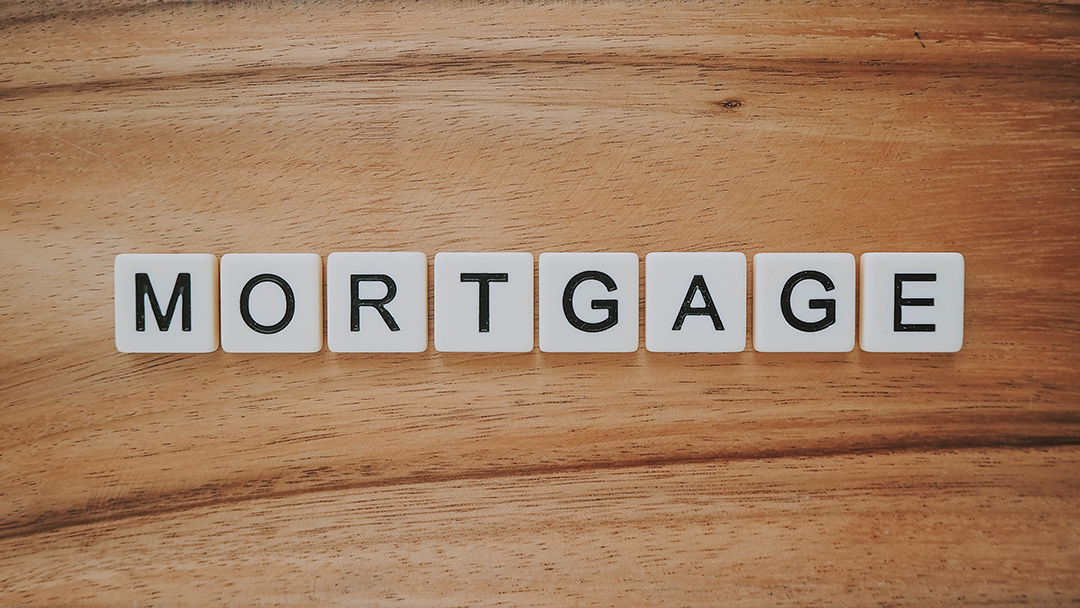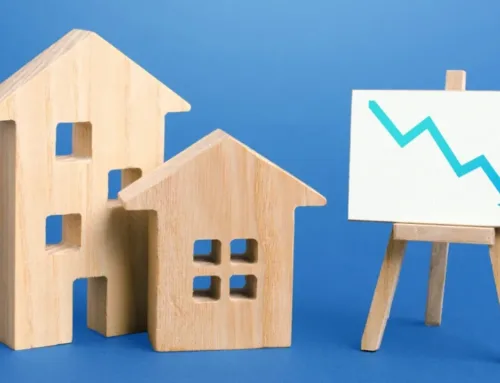Like many other homeowners, you may be eager to enjoy the freedom and financial security that come with having your mortgage paid off. If you have room in your budget, making extra payments can help you pay off your loan early. In some cases, however, you may be better off putting those funds to a different use.
What Are the Benefits of Making Extra Mortgage Payments?
If you pay more than the minimum required, you will lower your principal balance faster, build equity at a quicker rate and pay off your mortgage ahead of schedule. Since the amount you pay in interest depends on the principal balance, chipping away at the principal faster will also mean that you’ll pay less in interest over the term of the loan.
When Can You Make Extra Mortgage Payments?
If you have some wiggle room in your budget and want to pay off your mortgage faster, it may be a good idea to put additional funds toward the loan. You may want to pay a little extra each month, make an extra payment one or more times per year at designated intervals, or put unexpected funds such as money you get from a gift, bonus or inheritance, toward your mortgage.
Before you make extra payments toward your home loan, review your mortgage terms. Some lenders charge a prepayment penalty.
Why Might You Decide Not to Make Extra Mortgage Payments?
Even if you can afford to pay off your home loan ahead of schedule, it may be in your best interest to put extra funds toward something else instead. For example, if you don’t have an emergency fund with enough money to cover your living expenses for at least a few months, you should build up your savings account so you’ll have money that will be easily accessible in case you lose your job or experience some other type of hardship.
You may be better off investing money in your family’s future than putting it into your house. If you haven’t saved much for retirement, the gains you can get from investing in a 401(k) or an IRA will likely be higher than the amount you could save in interest by making extra mortgage payments. If you want to help your kids pay for college, it may be wise to put money into an educational savings plan, where it can benefit from compounding, instead of paying off your mortgage sooner.
Credit cards generally have interest rates that are much higher than the rates on mortgages. If you have a significant amount of credit card debt with high interest rates, it may be better to pay off your credit cards before you focus on shortening the term of your mortgage.
What Should You Do?
Everyone’s situation is unique, which is why it’s a good idea to speak with a professional. Your financial advisor can discuss your income, debt and long-term goals, and help you choose the option that’s best for you.
Photo by Precondo CA on Unsplash















